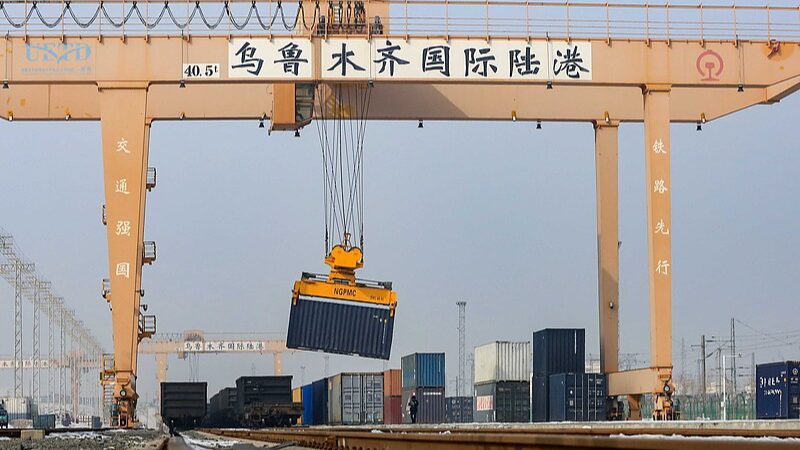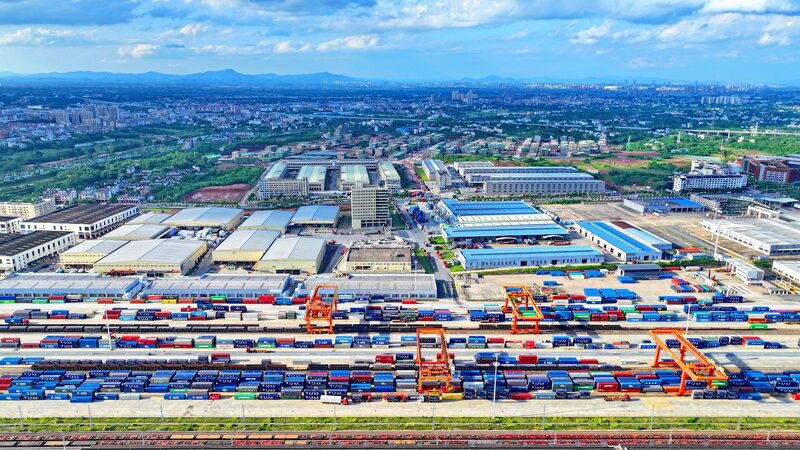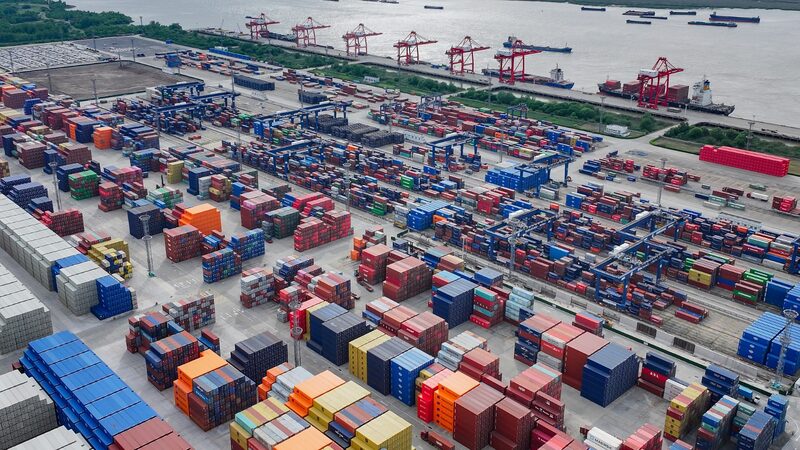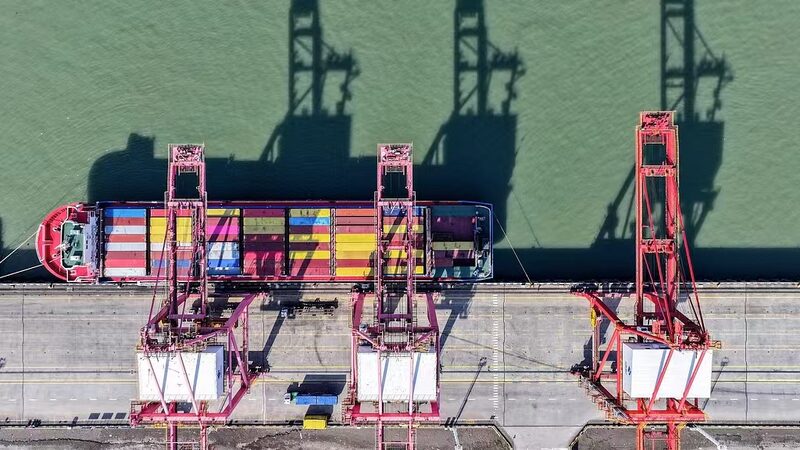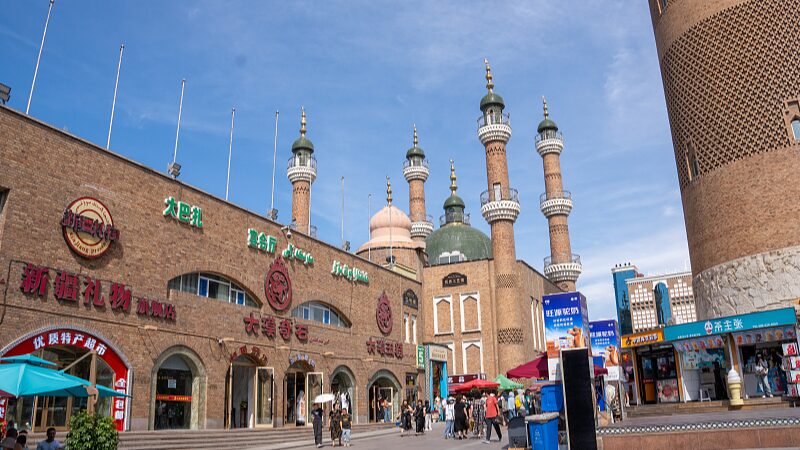Northwest China’s Xinjiang Uygur Autonomous Region, once a pivotal junction on the ancient Silk Road, has reported a remarkable 30.9 percent increase in foreign trade for the first eight months of this year, according to local customs authorities.
From January to August, Xinjiang’s total import and export volume reached 285.32 billion yuan (approximately $40.55 billion), as stated by Urumqi Customs. This significant growth highlights the region’s expanding role in international trade.
Li Qinghua, deputy head of Urumqi Customs, attributed this surge to the establishment of comprehensive bonded zones that have enhanced logistics efficiency, along with successful expansion into international markets.
Trade between Xinjiang and countries participating in the Belt and Road Initiative (BRI) rose by 28 percent year-on-year, accounting for 92.5 percent of the region’s total foreign trade value during this period. Kazakhstan and Kyrgyzstan emerged as key trading partners, reflecting Xinjiang’s strategic position as a bridge between China and Central Asia.
Private enterprises in Xinjiang showed impressive performance, with their trade value soaring 29.6 percent year-on-year, also accounting for 92.5 percent of the region’s total trade. This growth underscores the vitality of the private sector in driving the region’s economic development.
Notably, Xinjiang has increased exports of high value-added products, including electric passenger vehicles and lithium-ion batteries. This shift towards technologically advanced industries signifies the region’s efforts to upgrade its industrial structure and enhance competitiveness in global markets.
Situated at the heart of the Eurasian continent, Xinjiang serves as a crucial transportation hub in the core region of the Silk Road Economic Belt, a key component of the BRI proposed by China in 2013. The region’s historical legacy as a trading nexus is being revitalized, connecting East and West through modern infrastructure and trade partnerships.
Xinjiang’s robust trade growth not only reflects its strategic importance in international commerce but also highlights the positive impacts of initiatives aimed at fostering economic integration and development across the Eurasian continent.
Reference(s):
Ancient Silk Road hub Xinjiang sees 31% foreign trade growth
cgtn.com
